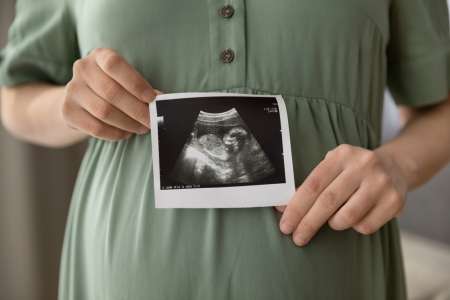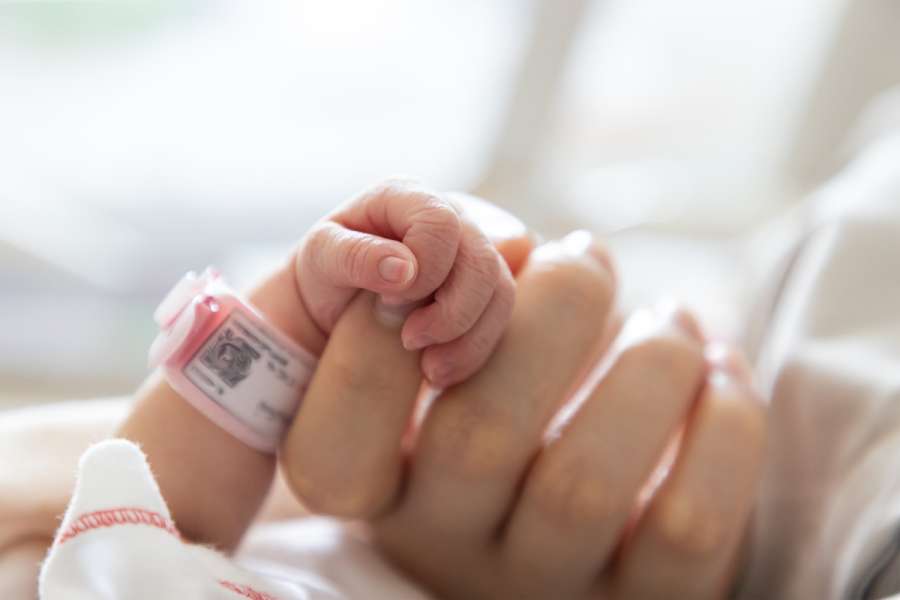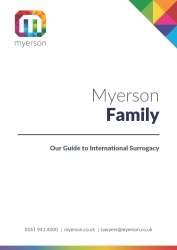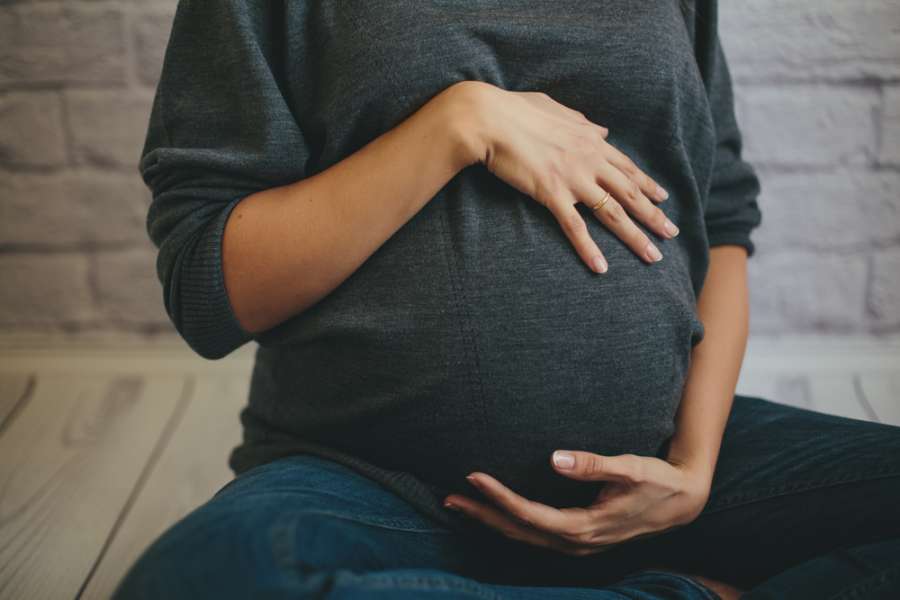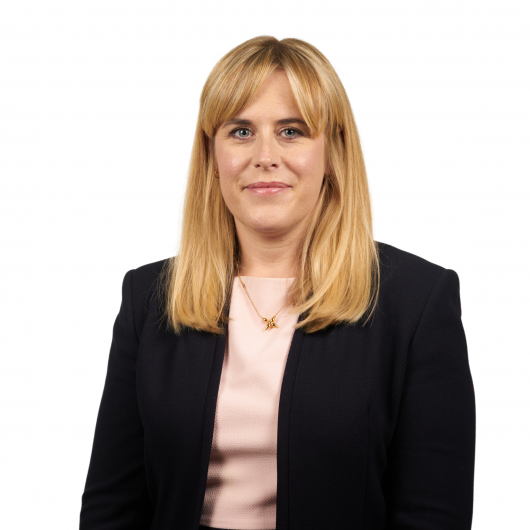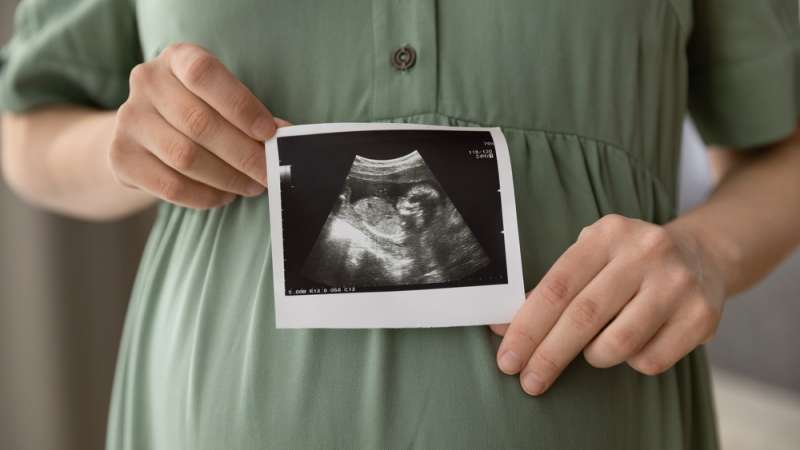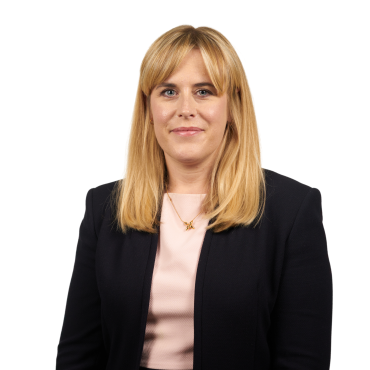To make an application for a Parental Order, a number of conditions must be met. Surrogacy agencies dealing with British intended parents must be aware of these conditions and provide all the documentation to meet them.
Applications can be made by anyone in an “enduring family relationship”, married, in a civil partnership or unmarried. Single parents can also apply for Parental Orders. Parental Orders can be made in favour of opposite-sex and same-sex couples. Intended parents must be over 18.
The application should be made within six months of the child being born and:
- The surrogate (and her husband, if relevant) must freely consent to the transfer of legal parenthood not earlier than 6 weeks after the birth and this consent must be confirmed again later, in court proceedings. The consent of the surrogate (and her husband, if relevant) should be confirmed by using form A101;
- At least one of the intended parents has a genetic relationship to the child;
- At least one of the intended parents must be domiciled in the UK;
- The child must be living with the intended parent(s) in the UK at the time of the application.
Therefore, it is essential that the surrogacy agency provides the necessary support and documentation for the intended parents to be able to obtain/claim British nationality and to apply for travel documents to enable them to return to the UK with their child.
The UK court will need to send to the surrogate (and her husband, if relevant) all legal papers transferring parenthood. Therefore, the intended parents must give notice to the surrogate (and her husband, if relevant) of the application for the Parental Order. This should be confirmed by completing Form C52.
There is no need for the surrogate to participate in court proceedings, but there must be an acknowledgement that the papers have been received and a confirmation that she (and her husband, if relevant) does not wish to participate in the court proceedings or challenge the transfer of parenthood to the intended parents.
The surrogate must be directly contactable throughout court proceedings. For this purpose, the intended parents will need the address of the surrogate. It is not enough to provide the address of the surrogacy agency and this could prevent a Parental Order being made.
Once you have made an application for a Parental Order, a Parental Order Reporter will be appointed by the Court. They will assist the Court in deciding whether a parental order is in the child's best interests.
What will the Parental Order Reporter consider?
The child's welfare will be the Court's paramount consideration when deciding whether to make a parental order. Consideration is given to the welfare of the child and in particular, the 'welfare checklist', including, non-exhaustively:
- The needs of the child;
- Any possible risk of harm to the child;
- The relationship the child may have with any relatives; and
- The child's background and whether they will grow up with a knowledge of their origins.
The Parental Order Reporter will need to establish that the surrogate (and her husband, if relevant) consent. The Parental Order Reporter may also carry out background checks with the local authority and the police to see if there is any information that would be relevant to the child's welfare.
The Parental Order Reporter will prepare a report for the Court to recommend whether a Parental Order should be made. On the guidance of the Parental Order Reporter and on consideration of the international complexities which will vary from case to case, the court can make a Parental Order transferring legal parenthood to the intended parents.
